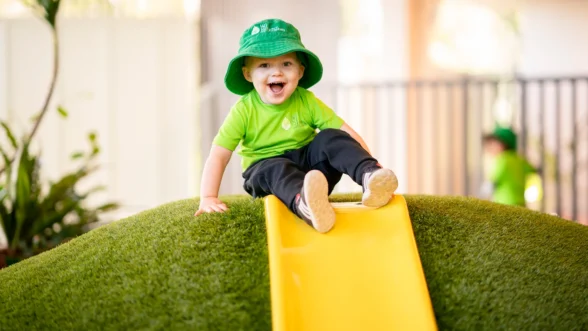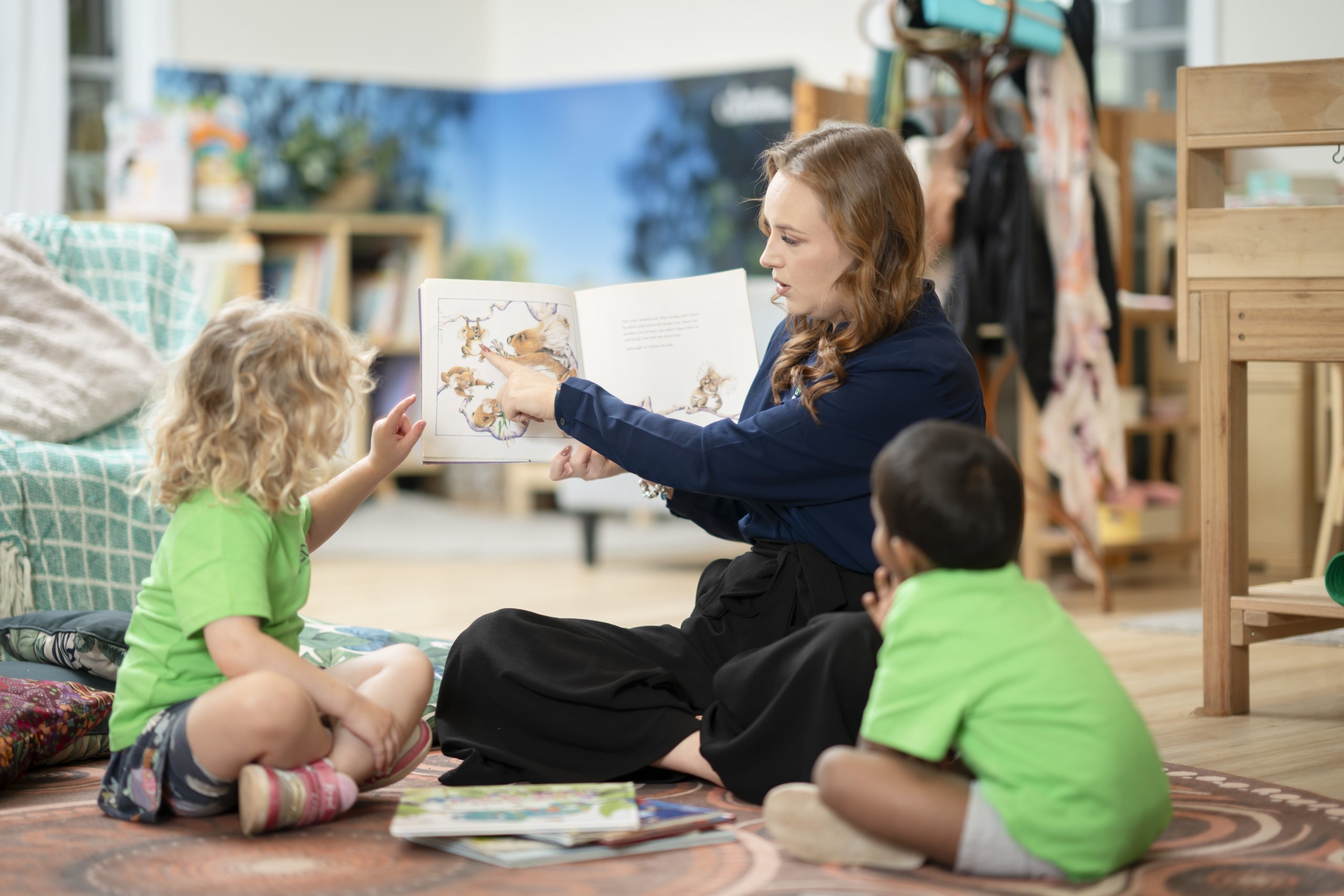
Education, Wellbeing
Education
13 May, 2026

Reading is about so much more than just the book you’re sharing right now – although that can be wonderful too. There is a myriad of benefits of reading for kids, from cognitive to social and emotional. Books and stories teach children about the world and help them develop skills to become lifelong learners.
There are many reasons why reading is important for children. Reading is a key tool for overall learning and to help children become better communicators. Story books give children exposure to new words and the rhythm of language, expanding their vocabularies and enhancing their language development and their ability to speak and write in properly constructed sentences.
Talking about the stories and illustrations helps improve children’s comprehension skills and gives them practice in problem-solving and critical thinking. Reading can help children build concentration and focus as they follow a story from start to finish.
They can strengthen their memory by retelling the story to another family member or seeing if they can recall what happened in the story they read the previous day before reading it again. Books that include repetition are terrific for building children’s confidence with reading, as they remember and “read” key lines along with you.
Stimulating children’s imagination and creativity are further benefits of reading. Children can imagine what happens next, describe an alternate ending, create their own illustrations or act out the story during playtime.
Stories can be a great way to show children how to behave in various situations. You can find books about practically everything, from making friends, to healthy eating and what to expect when you start school. Reading a diverse range of stories helps children develop empathy and understanding. Books can also be a great way to start a conversation about emotions or difficult topics.
Sharing a story – or a whole stack – with your child can also be a special time that strengthens your relationship. You may bond over a particular line that gets you both giggling or one you like to shout together or say in a silly voice every time you read it. Setting aside a special time to read together also shows your child they are important to you, valued and loved.
There are many educational benefits of reading to children. Exploring stories together is the best (and most enjoyable!) – way to help children learn to read themselves. Repeated exposure to words and the rhythm of language in the early years makes learning to read a natural progression for children and is certainly more enjoyable for everyone than sight words and home readers.
Being able to read helps children with all their other learning, such as writing and maths and being able to read instructions at school on the whiteboard or on worksheets.
At Edge Early Learning, we sing songs and read stories with children to help develop their early literacy skills. Books are part of our learning spaces and children are encouraged to explore them independently and with their peers.
To help your child reap the benefits of reading, they need to have access to books that are appropriate for their age. Check out our blog for great recommendations, ask your child’s educator or head to your local library or book shop. Libraries are wonderful because your child can choose whatever stories they like and you can borrow a whole bag of books for free!
Having a special space at home to showcase books helps children know where to find their favourites – and also helps make it easy to find your library books when it’s time to return them! You could have a bookshelf or basket for children’s books or simply keep a stack on rotation on the coffee table.
Ensure reading is part of your child’s daily routine and make it fun! When you read together, use funny voices, vary your pitch, speed and volume. Encourage your child to join in. Show them you love reading (with them, at least, if you’re not usually a bookworm) and they will want to read too.
Our educators are here to support you on your parenting journey. We encourage a love of books and reading. Ask your child what books they read at Edge this week and whether they have a favourite.